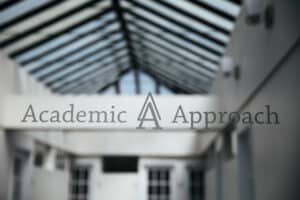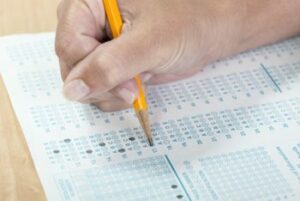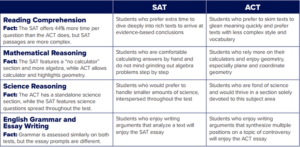The Approach Matters Most
Academic Approach’s student-centric approach emphasizes skill mastery, critical thinking, and adaptability to prepare students for future challenges and achievements.
Our Results
Academic Approach achieves remarkable results, boosting scores, scholarships, and college admissions, while fostering critical thinking and academic excellence.
Testimonials
We couldn't have been happier with our daughter's score. She went up 7 points (25 to a 32), beyond our expectations.
ACT Test Prep Family
Highland Park High School
Test Preparation
Student Enrichment
Latest Blog
News and Press
April 23, 2024
March 27, 2024
Test Optional?
While standardized tests are optional at many universities and colleges, many top schools are still taking test scores into consideration.
Check out our analysis of some top universities from the 2023 Common Data Set for college admissions.




